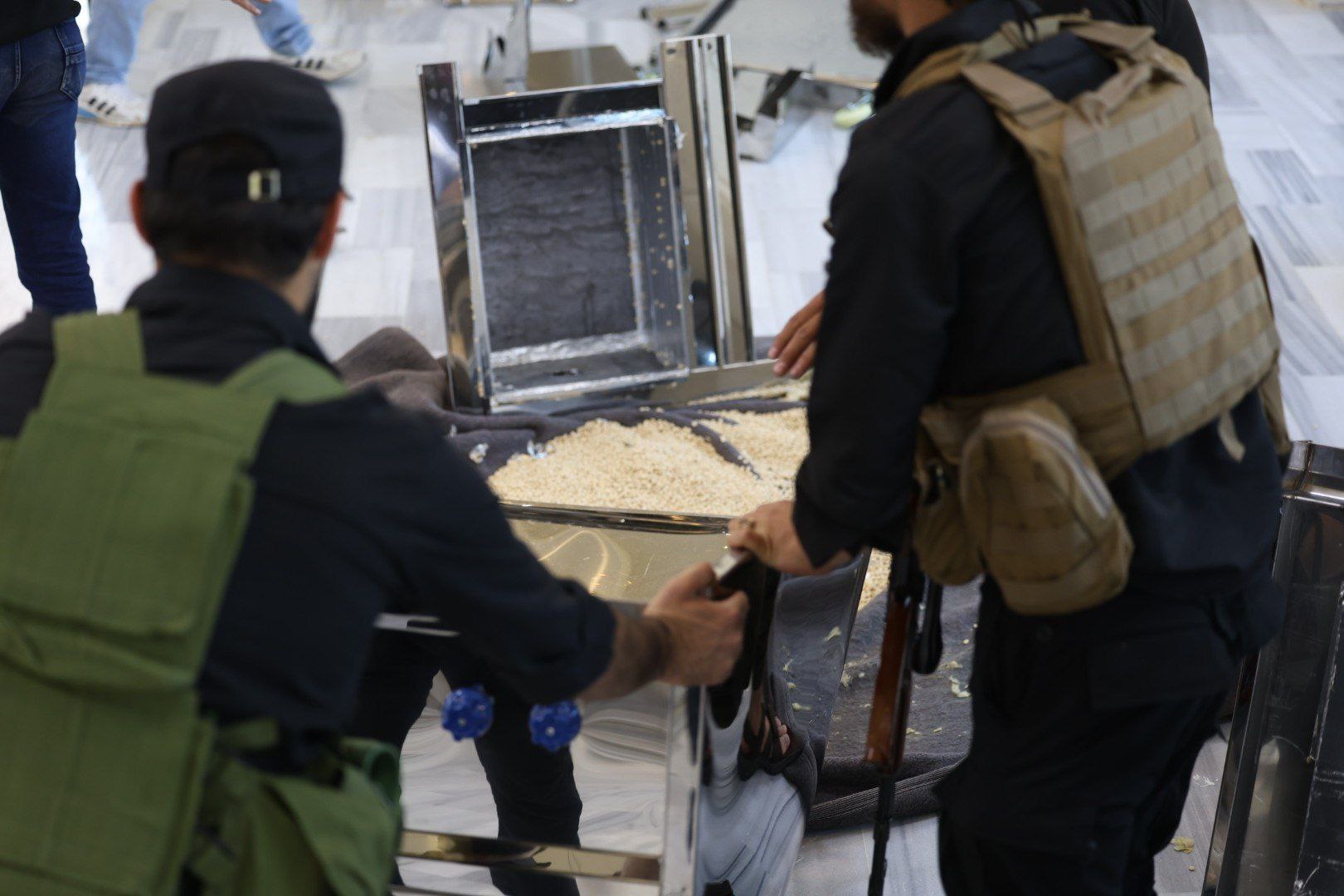 Drug trafficking in southern Syria sharply declined since the fall of Bashar al-Assad’s regime in December 2024, but the vacuum left behind due to unrest in Suwayda created a new source of instability that now threatens both Syria’s recovery and regional security.
Drug trafficking in southern Syria sharply declined since the fall of Bashar al-Assad’s regime in December 2024, but the vacuum left behind due to unrest in Suwayda created a new source of instability that now threatens both Syria’s recovery and regional security.
According to research by Etana Syria, cross-border smuggling attempts along the Syrian-Jordanian frontier fell by nearly 60% within the first two months following the regime’s collapse, compared with the same period during the previous smuggling season.
The end of the state-run narcotics enterprise, which had been overseen by Assad’s security apparatus and Hezbollah, dismantled what analysts describe as one of the Middle East’s largest criminal economies. However, the absence of central authority in Suwayda has allowed criminal groups, armed militias, and remnants of the regime to regroup.
Hijri’s Suwayda: A Haven for Criminal Syndicates
In the months following Assad’s fall, Israel-backed Sheikh Hikmat al-Hijri, consolidated control over the province. Caroline Rose’s piece on “illicit economies” in Post-Assad Syria linked Hijri’s affiliated militias to smuggling and extortion networks funding their operations through narcotics and weapons trafficking. Local sources maintain “several Druze fighters under Hijri’s security umbrella have been implicated in drug smuggling operations.”
The collapse of Assad-backed operations did not erase the economic drivers of the trade. Border communities in southern Syria remain impoverished, with unemployment rising sharply as smuggling groups disbanded. Former transporters and fighters, now jobless and armed, have turned to local drug sales, abductions and protection rackets for income.
Regional Security Under Threat
The consequences of Suwayda’s lawlessness reach far beyond Syria. Jordan has been the most affected, as the primary destination for narcotics smuggled from Syria. February of this year, an official at the Naseeb Border Crossing told Levant24 (L24) that “during a meeting with Jordanian border officials, the Jordanian side expressed frustration over the large quantities of drugs that had crossed the border during Assad’s rule, and said they were happy with the arrival of the new authorities and had trust that it will put an end to it.”
While Jordan reported a significant drop in cross-border smuggling attempts since January 2025, concerns remain that instability in Suwayda could reverse these gains. The Gulf states also fear renewed flows of Captagon should local militias restore production networks.
Government Efforts and International Cooperation
Unlike its predecessor, the new Syrian government has prioritized combating drug trafficking. Damascus has begun coordinating with Jordan and Iraq to strengthen border security and has sought technical support from international partners. Authorities have seized production facilities and stockpiles in southern Syria and shut down trafficking routes once managed by Hezbollah.
Yet, progress in Suwayda remains limited. Without a restored government presence and stronger international backing, Suwayda’s rogue actors may continue to destabilize the border.
Restoring Order in the South
Analysts agree that reestablishing central control in Suwayda is critical to ensuring long-term stability. The new Syrian government’s crackdown has weakened trafficking nationwide, but in the south, where criminal networks dominate, local cooperation and sustained international engagement are essential.
If Suwayda remains beyond the reach of Damascus, the province’s militias and criminal organizations will continue to profit from instability—posing an enduring threat not only to Syria’s recovery but to Jordan, the Gulf, and the wider region.








